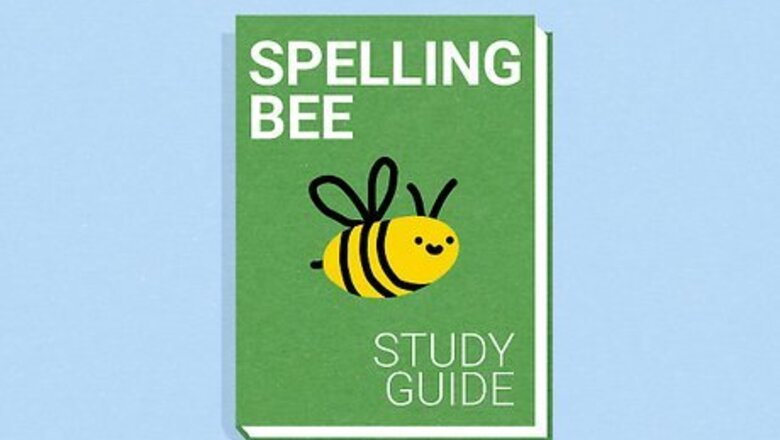
views
Studying Regularly
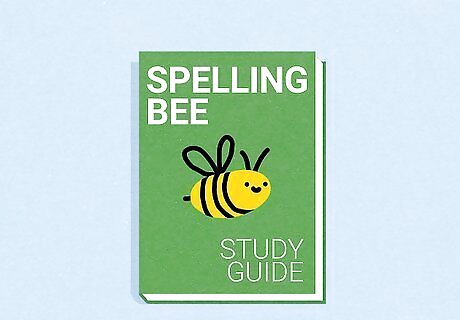
Study daily up until the competition. As soon as you get the study guide, start studying. It is best to reserve a couple of hours each day in order to discipline yourself, and to teach your brain how to process the words in daily slots. In fact, it is best to take as much time to study before the spelling bee as possible, since cramming a lot of words a couple of days before can be confusing and counterproductive.
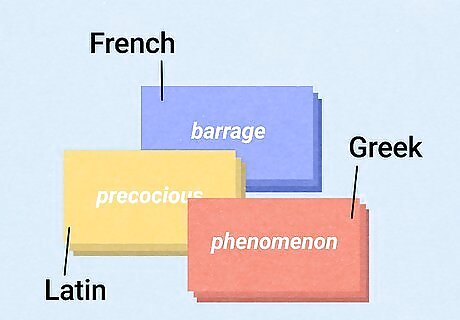
Use index cards. Index cards are great for studying words before a spelling bee, since they allow you write down the spelling of a word on the front and its meaning on the back, and they are also portable and easy to handle. For instance, you may find it helpful to use different colored index cards to organize the words by categories, such as language of origin, helping you better understand the different patterns of certain words.
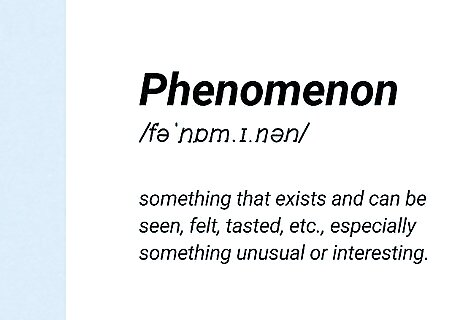
Use your dictionary. Reading can be a great way to get acquainted with the spelling of new or unfamiliar words, but few books are as useful for a spelling bee as your trusted dictionary. More importantly, learn your diacritics! These are the weird-looking symbols immediately next to the words in dictionaries which tell you how to pronounce them. Diacritics allow you to quickly master the way different words sound, helping you make educated guesses when you don't know the spelling of a certain word.

Get help. If you are struggling over a few words, don't stress out. Get a reliable adult or friend to help you test on your spelling words. In fact, the organization in charge of the national spelling bee, Scripps, recommends that you practice with an adult or with a friend. Keep in mind that the spelling bee is a performance, so practicing allows you to rehearse the process before attending the actual competition.
Coming Up With Creative Ways to Memorize Words

Learn the roots of words and spelling rules from different languages. Keep in mind that during the spelling bee you may ask for the definition of the word, for its pronunciation, what part of speech it is, and more importantly, its language of origin. Knowing which language a word comes from allows you to see certain patterns, so that if you don't know how to spell a certain word, you can guess based on which language it comes from. English has adopted quite a few words from Greek and Latin, so it can be a great resource to learn the Greek or Latin roots of certain related words. For instance, the Greek root “tele-” means far, and “graph” means to write, so the word “telegraph” means to write from afar.
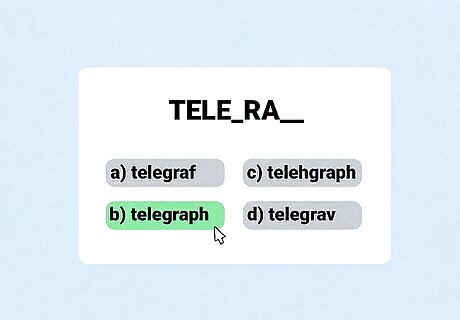
Use technology to help you study. While your parents had to make do with pencil and paper to memorize the spelling of words, nowadays there are a number of technologies to help you study. For example, you may want to use a tape recorder to help you memorize the pronunciation of certain words, or you may use a word processor to help you keep track of the words you have mastered and the ones you still need to memorize. There are also a number of helpful apps for your iPad or Kindle available online, which allow you to make lists of words and have a variety of other helpful features.
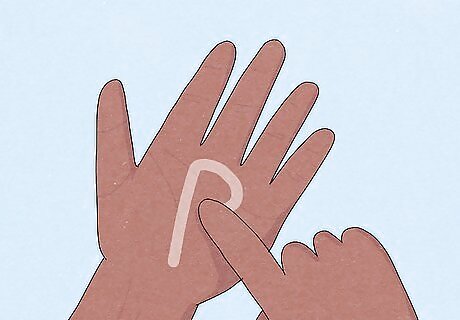
Use your hands to trace the word you are spelling. It might seem weird, but experienced spellers find it helps to trace the words they are about to spell in the palm of their hands. This allows one to visualize the word, and to break it down into syllables before spelling it out loud. As you get ready to spell out the word, pretend one of your hands is a piece of paper and “write” the word with your writing hand. Tracing the word keeps you focused and it's a great way to help you concentrate on how a certain word is both written and pronounced.
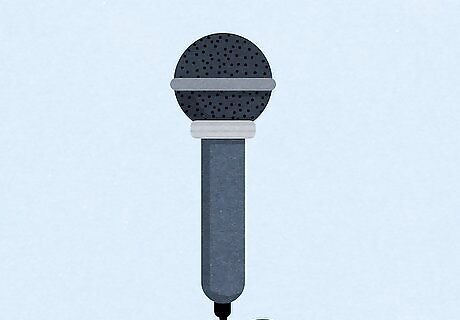
Relax before the competition. You've studied, you've worked, you've done everything you can--now it's time to shine! Become familiar with the way your voice sounds on a microphone, as well as with the added pressure of speaking before an audience. But remember, stress can be your worst enemy, so try to relax and enjoy the competition. A spelling bee is supposed to be a fun activity after all!














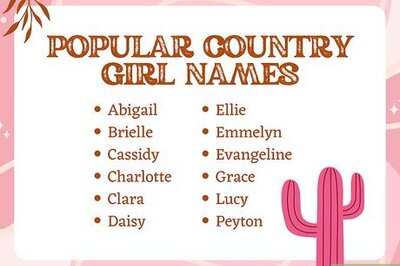


Comments
0 comment